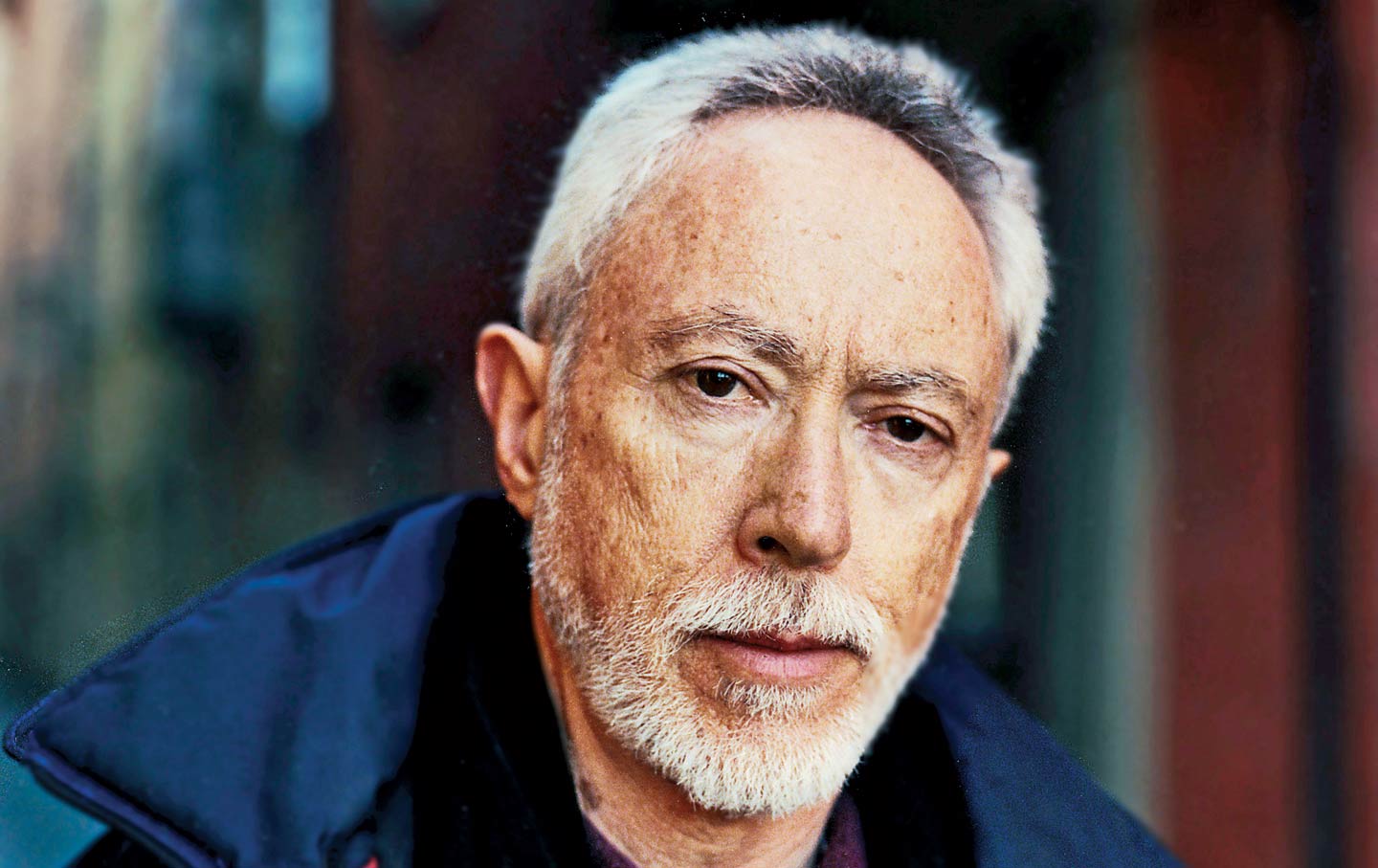Re-Awakening the Author: Coetzee in the Mirror by Lukanyo Mbanga
The thing about mirrors is how seldom we want them to tell us the truth. We turn our bodies, tilt our heads, stand further or come closer until we are left satisfied that we’ve seen what we wanted to. Very rarely can we stand dead straight and look at ourselves without any paradigms or expectations. Just a neutral inspection. And then you open a book by J.M Coetzee—it’s here where we are given no choice but to look dead straight.
Born and raised in Cape Town, South Africa, winner of the Nobel Prize in Literature and two-time recipient of the Booker Prize, John Maxwell Coetzee stands as one of the most critically acclaimed authors in the English language. Even these laudations weren’t enough to wake a keenness in a glassy-eyed teenager yawning over her matric set-book. But at the time fiction for me was a blanket to keep me warm, not to strip me bare. It was a transport to see different lands, not to draw me into the shadows of a land I already knew. Being South African and reading Coetzee, hits differently. It draws you into realities overlooked and angers of the past still unassuaged. It’s the uncle at the dinner table who’ll link every triviality to horrors of Apartheid. As a youth who was comfortable enough to eat the fruits of our predecessors’ labours, Coetzee’s work would’ve probably been my last choice of a good book to read.
Now more matured, I see that literature is not only for warmth, but also to challenge minds and shift our paradigms. Coetzee’s work hardly intends to make you feel comfortable as a reader. He cuts into the fabric of the human condition in all its raw and painful states. He deals with themes of self-criticism, retrospection, redemption, justice and human beings and their relation to the natural world. Reflective and observant, we watch his characters begin by shying away from the mirror of their actions and by the end force themselves to look at it.
‘’How can I remember to fend them off? The Scavengers of Cape Town, whose number never dwindles. Who go bare and feel no cold. Who sleep outdoors and do not sicken. Who starve and do not waste. Warmed from within by alcohol. The contagions and infections in their blood consumed in liquid flame. Cleaners-up after the feast. Flies, dry-winged, glazen-eyed, pitiless. My heirs.” –The Age of Iron, J.M Coetzee
Lyrical and unstilted. That’s Coetzee. A writer who can show so much but say so little. There are no over embellishments or contrivances, yet his imagery is never wanting for richness.
The David Krut Bookstore holds an impressive collection of his works, from old to new. Foe, The Death of Jesus, The Age of Iron and even a reflection on his formation as a writer, In the Middle of Nowhere by English writer and director, Jonathan Crewe. From three people stranded on an island of vicious apes to re-depicting the life of gnostic Jesus, we are seared by Coetzee’s controversial imagination and awed by his entrapping stories and intelligent voice. This is his prowess as a writer—to strike both feelings of discomfort and reverence.

